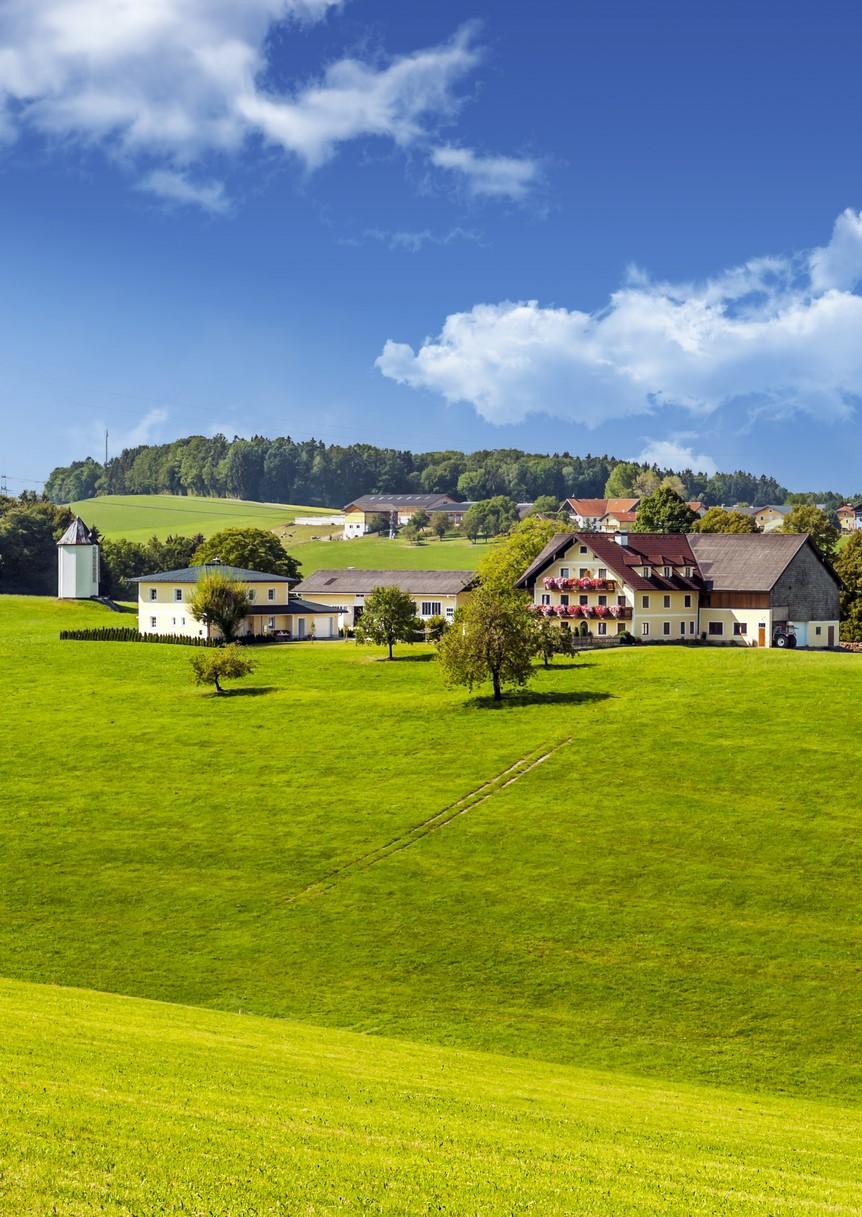Though it causes less severe disease than the Delta variant, the highly transmissible Omicron SARS-CoV-2 variant has been twice as deadly in unvaccinated people and has therefore hit rural Americans harder than those living in cities, a study today in Frontiers in Medicine finds.
Because low-vaccination parts of the country are mostly rural, those living in less densely populated areas continue to bear the highest COVID-19 burden, according to the study authors, who hail from universities in four US states and Zimbabwe. They worry that rural America will face a disproportionate long-term impact from lingering symptoms known as long COVID.
"We're talking about an extra burden that rural counties face. They face a higher probability of developing chronic illness from long COVID," said co-author Claudia Moreno, PhD, assistant professor of physiology and biophysics at the University of Washington, in a University of Cincinnati news release.
Rural-versus-urban disparities
For the cross-sectional study, the researchers analyzed data on COVID-19 cases and deaths, as well as vaccination status, in 2,417 counties from Dec 1, 2021, to Jan. 31, 2022, when Omicron was the dominant strain.
During the study period, the incidence rate increased from 538.9 new cases per 100,000 population to 2,827.9. And the death rate rose from 6.1 per 100,000 to 11.2.
The investigators found that counties that had a 60% or higher rate of complete vaccination had a 40% higher COVID-19 incidence rate compared with counties that had vaccine uptake of 40% or lower. Death rates, however, were 60% higher in the poorly vaccinated counties. And the low-vaccination counties had a case-fatality rate 2.2 times higher than highly vaccinated counties.
The high-vaccination counties are mostly urban, while the low-vaccination counties tend to be more rural.
The authors write, "The protective effect of vaccines keeps generating marked differences in the distribution of critical health outcomes, with low vaccinated areas having the largest COVID-19 related mortality during the Delta and Omicron waves in the US. Vulnerable communities residing in low vaccinated areas, which are mostly rural, are suffering the highest burden of the COVID-19 pandemic during the vaccination era."
They conclude, "Rural communities often face many challenges that exacerbate health disparities in the country. These areas usually run short on resources, including limited cold chain vaccine storage facilities and health care workers to administer vaccines. The geography can also compound disparities in access."
Rural populations are older—and thus more vulnerable to COVID-19–related hospitalization and death—and have less access to intensive care or ventilators for the most serious cases.
Driving in the dark as fewer report cases
"Omicron spread like crazy. The daily peak of Omicron infections was three times higher than the peak of Delta," said Diego Cuadros, PhD, lead author of the study and director of the University of Cincinnati Digital Epidemiology Lab.
Coupled with Omicron's faster spread has been a waning ability of the officials to track COVID-19 infections because fewer people are reporting new cases, which makes it harder for communities to assess their current risk, Moreno said.
"In the early part of the pandemic, people knew exactly what the infection rates in their counties were day to day—like the weather," she said. "And now we have peaks in case loads that are so much higher, but there is less public awareness."
Cuadros said disparities brought to light by the study have deeper implications. "COVID-19 exposed all of these hidden problems in our health care system," he said. "We think of the United States as being a rich country with a good health care system, but it's not true. It's strong in some areas, with other areas that are vulnerable with poor access to health care."
Moreno said she is among the many people who know someone who has died from COVID-19. Her cousin's husband, a basketball coach, succumbed despite being in seemingly good health.
"It was devastating to my family," she said. "That's why my research has a personal motivation to help the community.
"Many of us are getting COVID again and it's mild,” Moreno said. "But we have to remember the people who died from this disease."
She added, "That's why it's important to tell people they need to get vaccinated. Vaccines work. They're really helping people prevent death and health complications."






















